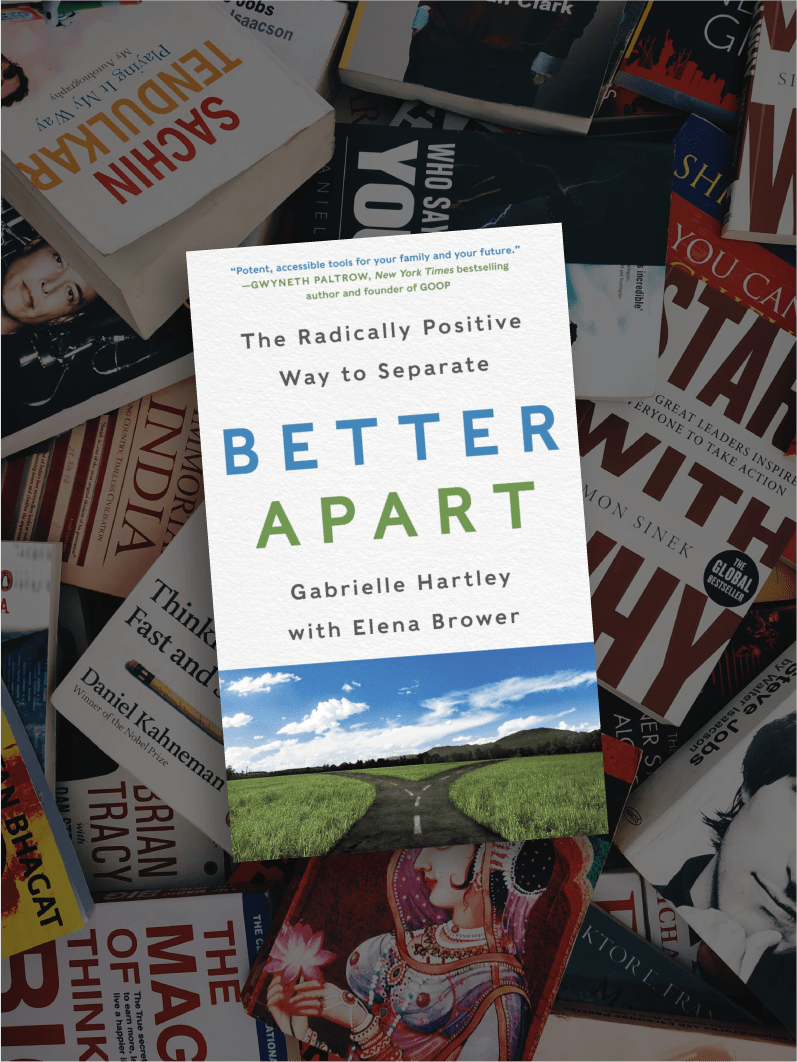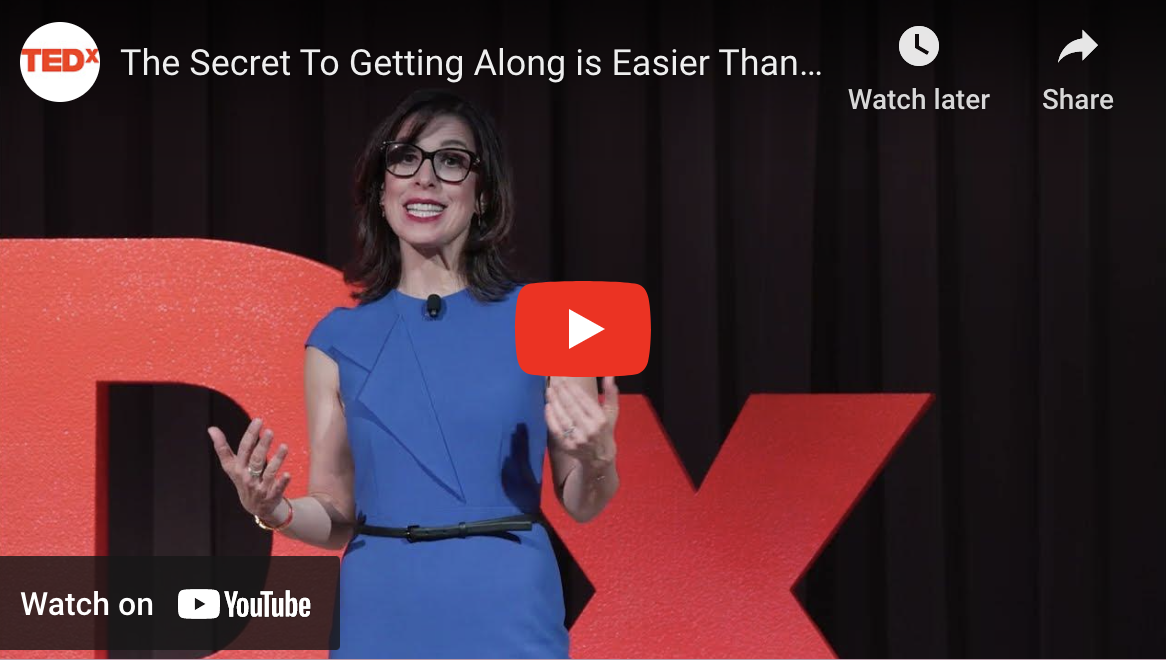Due to portrayals of messy and dramatic divorce litigation on television and in movies, there is a common misconception that litigation is the only route someone can take when moving forward with a divorce.
However, it is important to understand that there are alternatives to litigation that may help keep things more amicable between spouses and promote a healthier co-parenting relationship in the future. Understanding what these processes are can help empower those considering divorce to feel confident in consulting with a family law attorney and moving forward with the divorce process. Even if you go with a litigated route to begin with, verify that to your divorce lawyer mediation is always an option.
The Different Divorce Processes
Divorce lawyer, mediation or collaborative law; what’s best for me?
Litigation
Litigation is, as it sounds, the most contentious, and often most costly, of the three types of divorce processes. It is also the process where the parties give up the most control over the final ruling. In the litigation process, both parties rely heavily upon a judge to make recommendations and rulings based on arguments they present in court. This means that aside from entrusting their lawyers to present the arguments in the most persuasive way to the court, parties rely upon judges to have a strong understanding of the law and agree with their position on how to apply it.
What does this mean in practice? One example is seen in how judges rule on contested custody cases. In these cases, often the court will appoint a guardian ad litem or child representative on behalf of the minor children. These attorneys will interview both parents and at times, conduct home visits and talk to collateral witnesses, to make a final recommendation to the court on what is in the children’s “best interests.” However, with such a subjective standard, a case can vary widely just depending on what judge it is assigned to and what guardian is appointed.
Further, litigation is also the one process of the three that has the least confidentiality in its proceedings. Conversations in both mediation and collaborative divorce are confidential and cannot be brought up in litigation. In contrast, in litigation, proceedings often happen in open court and members of the public may attend to watch you air your “dirty laundry.” Ask yourself, is my divorce lawyer mediation friendly? The answer to this question will provide you with excellent information.
Mediation
Mediation is a process where the parties meet with a third-party neutral to discuss pending issues in their divorce case. The goal of mediation is to address the parties’ respective underlying needs and interests. Mediation is confidential and if the mediation process breaks down, anything discussing mediation is not to be used during litigation. In mediation, the parties will first often meet with the mediator and talk about any concerns that they have in their case. The role of the mediator is often one of still Tatian an evaluation of options as opposed to prescriptive. This means that a mediator will engage in tools such as “reality testing” possible options that will not say give legal advice as to what a certain party should do.

Collaborative Divorce
In a Collaborative Divorce model, the parties work with a “team” of professionals, including an attorney for each party, and additional professionals including financial neutrals, child specialists, and coaches. The team works together with the parties in meetings outside of court to address both financial and parenting issues with the goal of reaching a final, comprehensive settlement that will meet the parties’ needs and interests. The attorneys will work on drafting portions of the final divorce documents as the parties reach agreements. This allows parties to give feedback in the process and make sure they are on the same page with any agreements. It also allows parties to go back and flesh out additional details as needed in agreements. It should be noted that if parties choose the Collaborative Divorce model, if it fails, they cannot hire the same attorney to represent them in the litigation process. This is meant to incentivize parties to actively and fully participate in the collaborative divorce process.
Considerations in Choosing a Divorce Process
The three primary considerations in choosing the right divorce process for you are whether there is history or previous incidents of domestic abuse or neglect, the level of trust between the parties, and the ability for both parties to have an open line of communication.
History of Domestic Abuse/Neglect
Both mediation and collaborative divorce are voluntary processes. In the event that one or both of the parties engaged and ask if domestic violence or neglect during the marriage, that can be a red flag for the voluntary nature of both of these processes. If one spouse feels that they are being coerced into mediation or collaborative divorce or that they are participating in these processes under duress, it is likely that the process will fail and any agreement reached by the parties will not be durable and will result in post-judgment litigation. Is your divorce lawyer mediation friendly? If yes, even with a difficult dynamic you may still be able to mediate.
Level of Trust Between the Parties
Both mediation and collaborative divorce require a high level of trust between the parties. If you are going through financial mediation or discussing financial issues through the collaborative divorce model, both parties need to feel like they have a full and complete understanding of each other’s financial accounts. If one spouse believes that the other spouse is concealing assets or liabilities and the other spouse refuses to address these concerns, it can severely impede the parties’ ability to reach an agreement. The lack of trust that results from lack of transparency on financial issues can snowball into a lack of trust on other issues in the divorce as well.
Ability of Parties to Openly Communicate
Both mediation and collaborative divorce also require a level of communication between the parties. If one spouse feels intimidated or threatened by the other spouse sitting in a room (or via Zoom) with them, that is a factor that the professionals involved in both processes should be made aware of and stay particularly cognizant of during the process. If the parties are unable to sit in the same room and listen to each other, It will be difficult to reach a durable final agreement. However, with skilled advocates or mediator, many communication issues can be overcome and you may still be able to remain out of court in many circumstances.

Some links and posts are from our sponsors. Here’s how it works.
P.S. Want more tools and resources to stay positive during a divorce? Download my Free Divorce Survive & Thrive Kit below!


The Radically Positive Way to Separate
Gabrielle Hartley with Elena Brower
Available on Amazon
“Potent, accessible tools for your family and your future.”
— Gwyneth Paltrow, New York Times Bestselling Author and Founder of GOOP


FOLLOW GABRIELLE

DISCLAIMER: The commentary, advice, and opinions from Gabrielle Hartley are for informational purposes only and not for the purpose of providing legal advice or mental health services. You should contact an attorney and/or mental health professional in your state to obtain advice with respect to any particular issue or problem.
- One Edgewater Plaza Suite 304, Staten Island, NY 10305
- 266 Smith Street, Brooklyn, NY 11231
Northampton MA
PHONE:
New York: (917) 905-4553
Boston: (413) 450-0420


